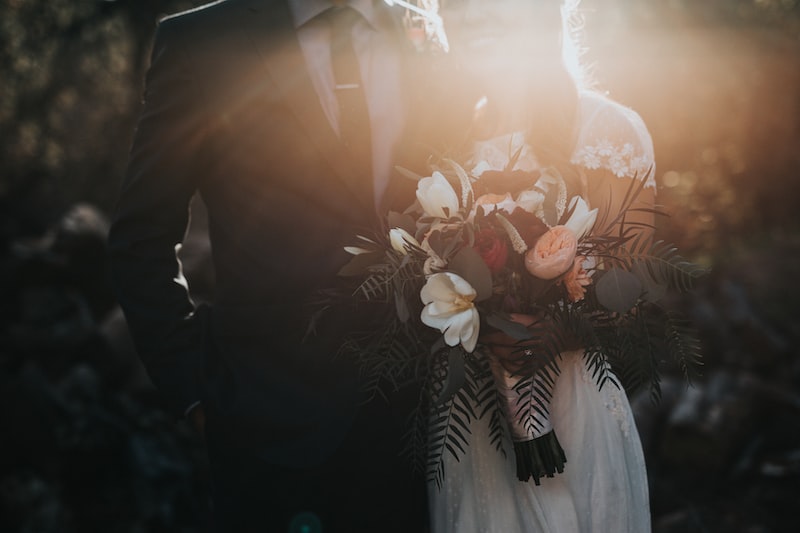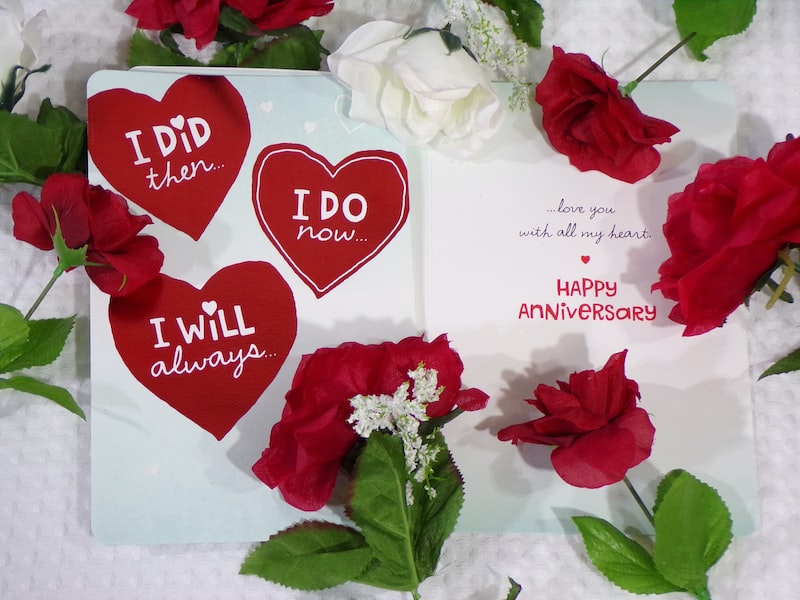Table of Contents
Are you tired of mundane conversations about haircuts? Well, brace yourself for a thought-provoking discussion that intertwines haircuts and sins from a religious perspective. Prepare to be amazed as we delve into this fascinating topic and explore the deeper meanings behind our grooming choices.
Have you ever wondered if getting a new haircut could be considered sinful? While it may seem like an insignificant aspect of our lives, different religions hold varying views on the matter. In some faiths, excessive focus on personal appearance is seen as vanity—a sin that distracts us from spiritual growth. Consequently, getting an extravagant or attention-seeking haircut might be frowned upon.
However, let’s not forget that hair has long been regarded as a symbol of identity and cultural expression. Throughout history, hairstyles have held great significance in various religious traditions. For instance, certain faiths require followers to maintain specific hairstyles as a sign of devotion, modesty, or adherence to their beliefs. These prescribed hairstyles become part of the religious identity and serve as a constant reminder of one’s commitment to their faith.
In addition to the symbolism associated with hair, religious texts often provide guidance on personal grooming and appearance. They emphasize the importance of modesty, humility, and self-discipline, encouraging believers to avoid excessive indulgence in physical beauty. The underlying principle is to prioritize inner virtues and spiritual growth over outward appearances.
It’s essential to note that debates and interpretations regarding haircuts and sins vary among different religious communities and individuals within those communities. While some may consider a trendy or unconventional haircut as sinful, others may view it as an expression of self-confidence and creativity, celebrating the uniqueness bestowed upon us by a higher power.
So next time you ponder a new hairstyle, take a moment to reflect on the broader context. Consider the values and beliefs of your religious tradition or personal spirituality. Remember, the true essence lies not in the style of your hair, but in the intentions and virtues that guide your choices.
the debate surrounding haircuts and sins from a religious perspective is both captivating and enlightening. It reminds us to examine the deeper meanings behind our grooming choices and encourages us to cultivate inner virtues alongside personal appearances. So, go ahead, explore your style, but always remember to nurture your soul in the process.
Religious Scholars Engage in Heated Debate over the Spiritual Implications of Different Haircuts
Have you ever stopped to think about the spiritual meaning behind your haircut? It may surprise you to learn that religious scholars around the world are engaged in passionate debates over the ramifications of various hairstyles. From flowing locks to closely cropped cuts, hair has long been regarded as more than just a fashion statement.
In many religious traditions, hair holds deep symbolic significance. For example, in some branches of Islam, men are encouraged to grow their beards as a sign of religious devotion and adherence to the Prophet’s teachings. Conversely, in Sikhism, both men and women are forbidden from cutting their hair as it is seen as a gift from God and an integral part of their identity.
These debates often center around questions of modesty, purity, and cultural norms. Proponents of longer hair argue that it reflects a sense of humility and reverence towards the divine. They believe that by letting their hair grow, they are adhering to religious principles and demonstrating their spiritual commitment.
On the other hand, advocates for shorter hair contend that it represents cleanliness and discipline. They argue that trimming one’s hair is a way of purifying oneself and detaching from worldly vanity. In their view, a neat and well-groomed appearance aligns with spiritual values and facilitates a deeper connection with the divine.
While these discussions may seem trivial to some, they highlight the intricate ways in which faith intersects with everyday life. The spiritual implications of different haircuts go beyond mere aesthetics. They touch upon fundamental beliefs and practices that shape religious communities and individuals’ relationships with the divine.
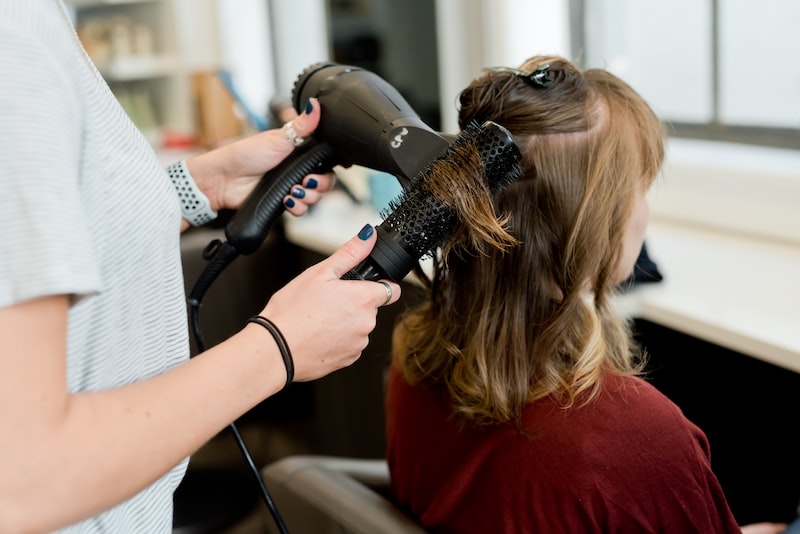
the debate among religious scholars regarding the spiritual significance of different haircuts is far from settled. It is a topic that elicits fervent opinions and sparks thought-provoking discussions. Whether you choose to let your hair flow freely or opt for a more trimmed look, it’s essential to recognize the profound meanings that hair can hold within religious contexts. So, next time you visit your barber or hair salon, consider the spiritual implications of your chosen hairstyle and the rich tapestry of beliefs woven into every strand of hair.
Controversial Views on Hairstyles and Sin: Unveiling the Intersection of Fashion and Faith
Hairstyles have always been a powerful form of self-expression. They allow individuals to showcase their personality, creativity, and cultural identity. However, when it comes to the intersection of fashion and faith, hairstyles can sometimes become a topic of controversy. Different religious beliefs and interpretations have led to varying views on what is considered acceptable in terms of hair styling.
For some, certain hairstyles are seen as sinful or inappropriate based on religious teachings. These beliefs often stem from the notion that one’s body is a sacred temple and should be respected accordingly. In these contexts, extravagant or attention-grabbing hairstyles may be frowned upon, as they are viewed as distractions or signs of vanity.
On the other hand, many argue that personal appearance, including hairstyles, should not dictate one’s spiritual standing. They believe that faith is about inner values and relationship with a higher power rather than outward appearances. Additionally, proponents of this viewpoint emphasize the importance of cultural diversity and freedom of expression, asserting that hairstyles are simply a form of artistic expression and should not be judged or restricted based on religious doctrine.
The clash of opinions on this matter raises thought-provoking questions. Can personal style and faith coexist harmoniously? Is it possible to embrace fashion trends while staying true to one’s religious beliefs? These questions challenge us to reflect on the essence of spirituality and the role of external appearance in defining one’s faith.
In navigating this debate, it is crucial to approach the subject with empathy and respect for diverse perspectives. Recognizing that people hold deeply rooted beliefs allows for meaningful conversations that promote understanding and tolerance. Rather than dismissing opposing views, engaging in open-minded dialogue encourages mutual growth and appreciation.
Ultimately, the controversial views on hairstyles and sin reveal the complexity of the human experience. It reminds us that our individual choices and expressions are influenced by a myriad of factors, including culture, religion, and personal beliefs. Understanding and embracing this complexity paves the way for a more inclusive society that appreciates the beauty of diversity in all its forms.
Hair as a Reflection of Devotion: How Religious Communities Interpret the Symbolism of Haircuts
Have you ever wondered why certain religious individuals choose to keep their hair long or maintain specific hairstyles? The symbolism behind haircuts varies across different faiths, and it reflects the deep devotion and spiritual significance attached to this fundamental aspect of human appearance. Let’s delve into the diverse interpretations of hair within religious communities.
In many religious traditions, long hair is regarded as a symbol of devotion and spirituality. For example, in Sikhism, followers are encouraged to keep uncut hair as a means of honoring God’s creation. The untrimmed hair, often covered with a turban, signifies acceptance of God’s will and serves as a constant reminder of one’s commitment to the faith. Similarly, in certain branches of Judaism, Orthodox Jewish men grow their sidelocks, known as payot, as a sign of religious observance, emphasizing their dedication to the commandments.
Conversely, some religions interpret short hair or shaved heads as expressions of humility and renunciation of worldly attachments. Buddhist monks, for instance, shave their heads completely to symbolize their detachment from material desires and commitment to the path of enlightenment. In monastic orders, the act of shaving off the hair becomes a ritual that represents liberation from societal norms and a focus on inner contemplation.
Moreover, the act of cutting hair holds profound significance in many religious ceremonies. In Hinduism, the Mundan Sanskar ceremony is performed on infants, wherein a small portion of the baby’s hair is shorn as an offering to deities. This ritual symbolizes purification, spiritual growth, and the removal of negative influences from the child’s life, allowing them to embark on a virtuous journey.
Across various faiths, haircuts are not merely physical transformations but powerful symbols of identity, spirituality, and commitment. They serve as reminders of religious principles, embodying devotion and guiding individuals on their spiritual paths. Whether it involves growing long hair as a demonstration of faith or shaving it off to signify detachment, the symbolism of haircuts provides a profound connection between religious communities and their beliefs.
hair holds immense significance within religious communities, representing devotion, spirituality, and adherence to religious principles. From the uncut hair in Sikhism to the shaved heads of Buddhist monks, hairstyles and hair rituals reflect the deep commitment and symbolic meaning attached to this aspect of human appearance. Understanding the diverse interpretations of hair in different religious traditions allows us to appreciate the rich tapestry of religious expression and the role that hair plays in shaping individual and collective identities.
The Great Divide: Debating the Acceptability of Modern Hairstyles within Traditional Religious Circles
When it comes to personal expression through hairstyles, there is an ongoing debate within traditional religious circles. The clash between modern trends and long-standing religious customs has created a great divide among individuals seeking to find a balance between their faith and personal style. In this article, we will delve into the complexities surrounding the acceptability of modern hairstyles within these religious communities.
Traditional religious circles often emphasize modesty, humility, and adherence to established norms. This includes guidelines regarding personal appearance, which can extend to one’s hair. Many religious texts provide guidance on appropriate hairstyles, with a focus on simplicity and avoiding ostentation. For some, adhering to these guidelines means maintaining traditional hairstyles that have been passed down through generations.
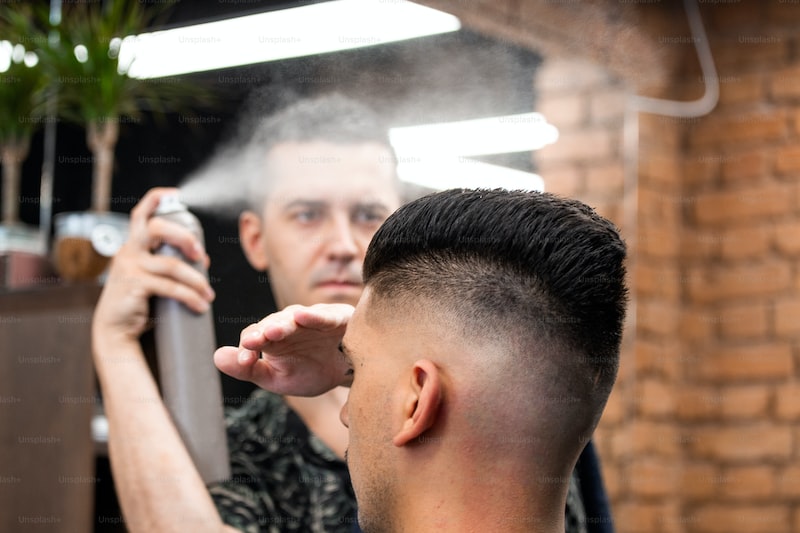
However, as society evolves, so do fashion trends and personal preferences. Modern hairstyles, characterized by their intricate designs, vibrant colors, and unconventional cuts, have gained immense popularity in recent years. These styles allow individuals to express their personality and creativity through their hair. But the question arises: are these modern hairstyles acceptable within traditional religious circles?
Opinions vary greatly on this matter. Some argue that personal style should not be dictated by religious customs, as long as one’s intentions remain pure and respectful. They believe that God looks beyond outward appearances and focuses on the inner self. According to this perspective, modern hairstyles can coexist with religious beliefs without compromising one’s faith or commitment.
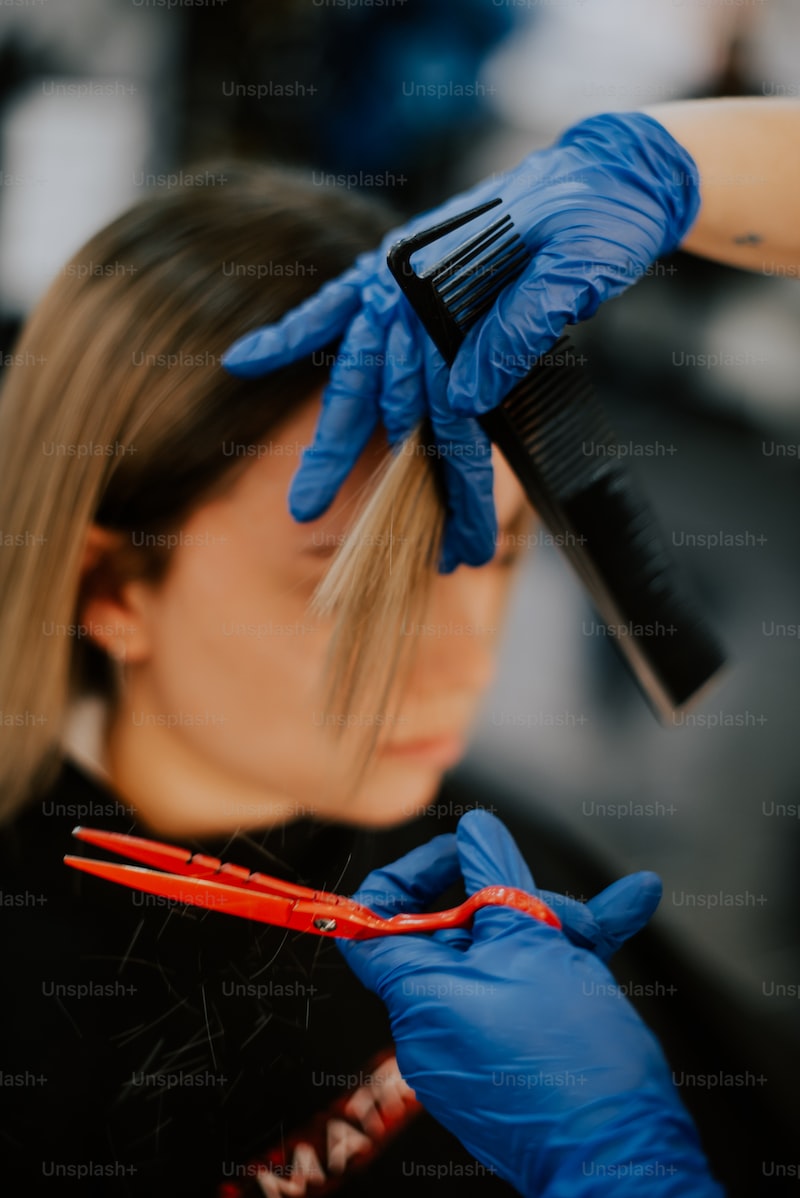
On the other hand, proponents of more conservative views assert that adopting modern hairstyles contradicts the principles of modesty and humility promoted by traditional religious teachings. They contend that the attention-grabbing nature of these styles might shift the focus away from spiritual matters and lead to vanity and pride.
Navigating this delicate balance requires open dialogue and understanding between religious leaders and their followers. It is essential to foster an environment where individuals feel comfortable discussing their concerns and seeking guidance. Religious institutions can play a crucial role in addressing this issue by providing clear guidelines rooted in scripture, while also acknowledging the changing dynamics of society.
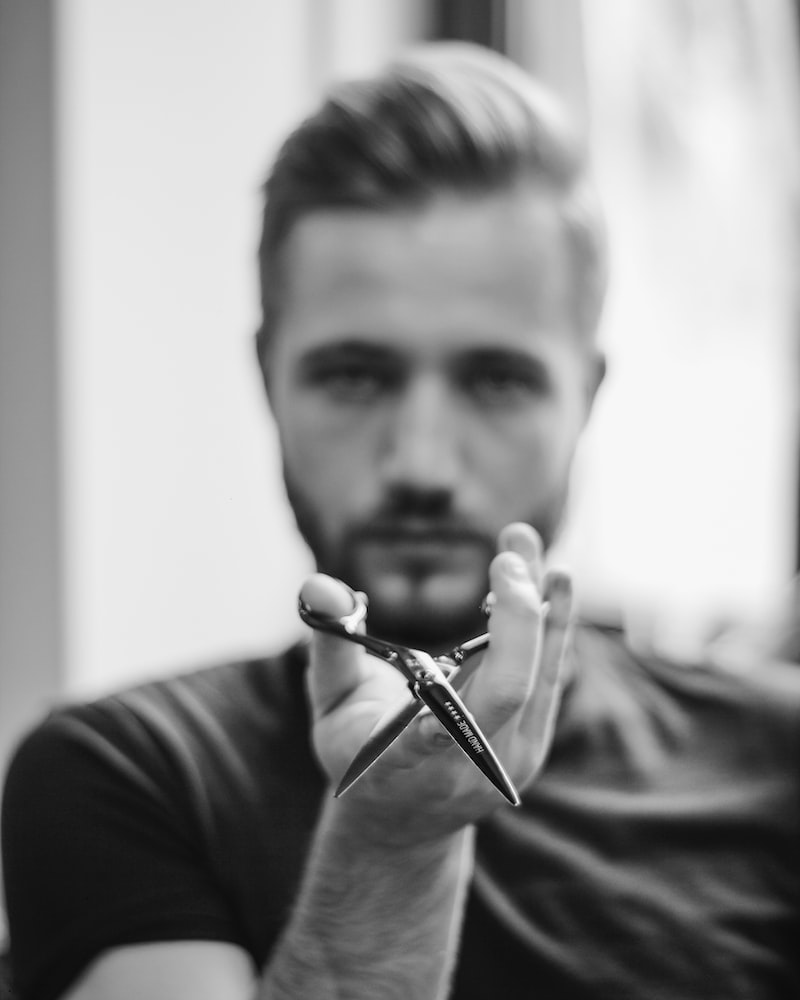
the acceptability of modern hairstyles within traditional religious circles remains a subject of great debate. Finding a middle ground that respects both personal expression and religious traditions is a challenge that requires open-mindedness and empathy from all parties involved. Ultimately, it is up to individuals to reconcile their desire for self-expression with their commitment to their faith, striking a harmonious balance that resonates with their beliefs.


